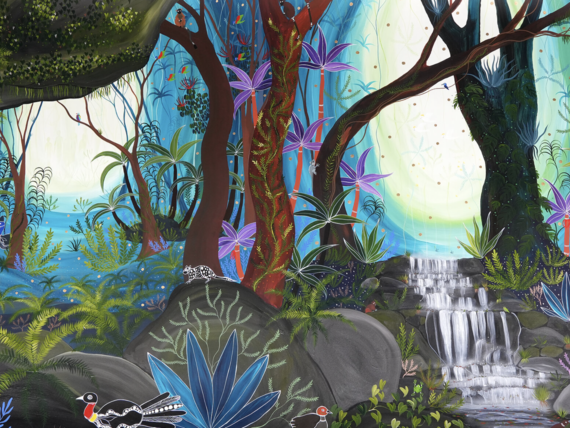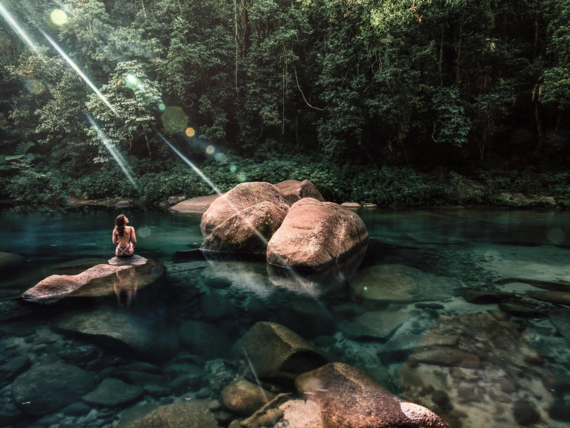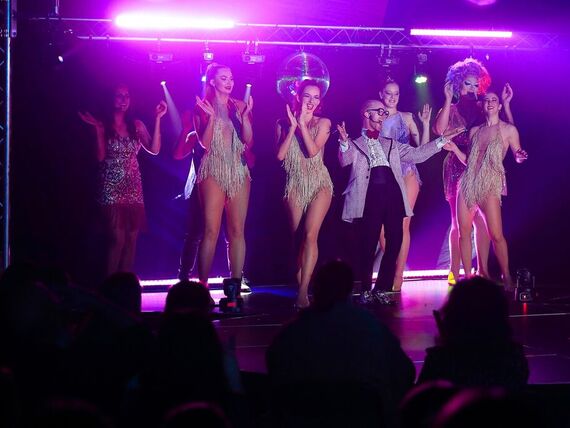
##MP##
Swimmers are being warned about an increase in marine stings, amid the closure of five Cairns beaches.
A boy who was stung at Trinity Beach is among six people to be treated throughout Sunday, Monday and yesterday.
Cairns and Hinterland Hospital and Health Service said its patients have included a six-year-old boy, a 15-year-old girl and four women.
Another six-year-old boy had to be airlifted to Mackay Hospital after being stung on Hamilton Island in the Whitsundays.
Acting Manager of Clinical Education for the Queensland Ambulance Service, Scott Cooper, said weather conditions are favourable for Irukandji blooms.
##BA##
High risk conditions can include north-easterly winds, flat or calm weather and sea lice in the water.
“There does seem to be an increase in numbers at the moment which is resulting in a number of patients getting stung,” he said.
“Initially you get a mild sting sensation that immediately fades away, followed by the onset of more severe symptoms about 35 to 45 minutes after the initial sting.
“A lot of people are confused as to what that might be.”
He’s advising beachgoers to take precautions, including avoiding swimming alone.
“Irukandji can actually get inside the stinger nets,” he said.
“You can hire a stinger suit if you don’t want to actually buy one … but they are definitely worthwhile wearing in the water.
“Swim between the flags always – that will protect you from the larger box jellyfish.”
Ellis Beach through to Trinity Beach remain closed.
South Mission Beach is also off limits to swimmers due to the presence of marine stingers.
Main points
- A boy who was stung by an irukandji jellyfish on Monday is among six patients treated by Cairns and Hinterland Hospital and Health Service since Sunday
- Trinity, Kewarra, Clifton, Ellis and Palm Cove beaches are closed, along with South Mission Beach
- Signs of a sting include a mild sensation initially, followed by more severe pain 30+ minutes later








